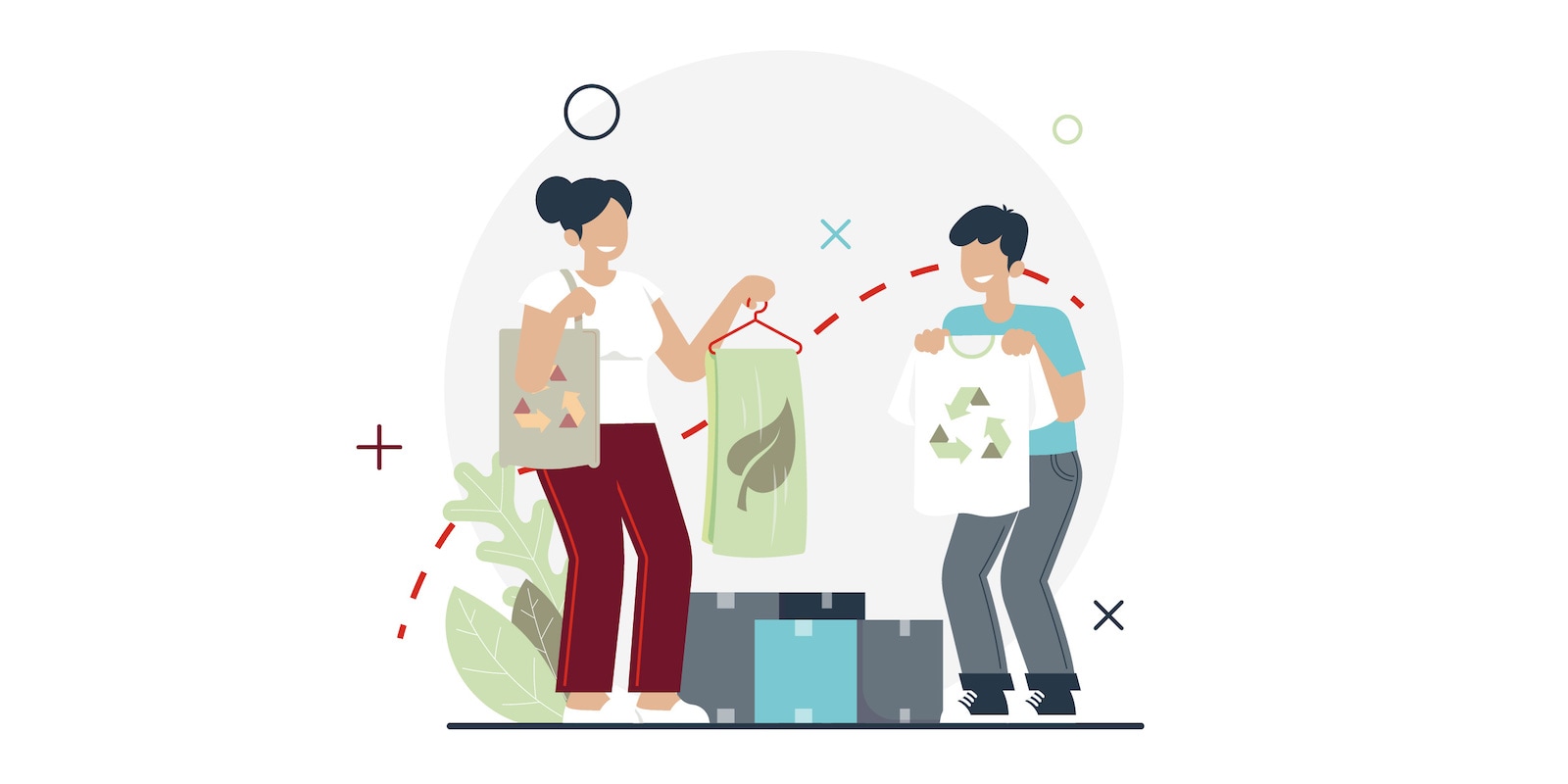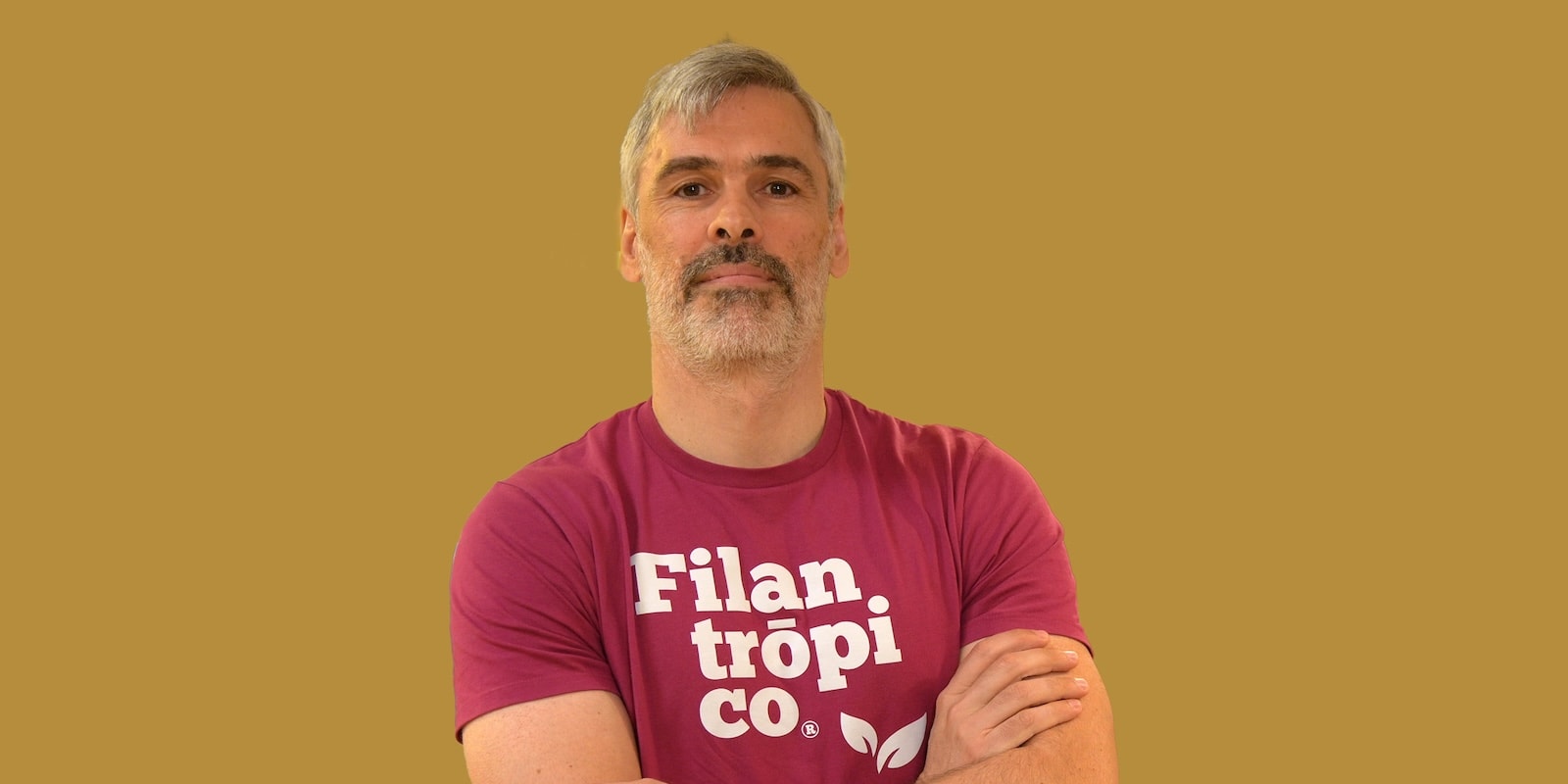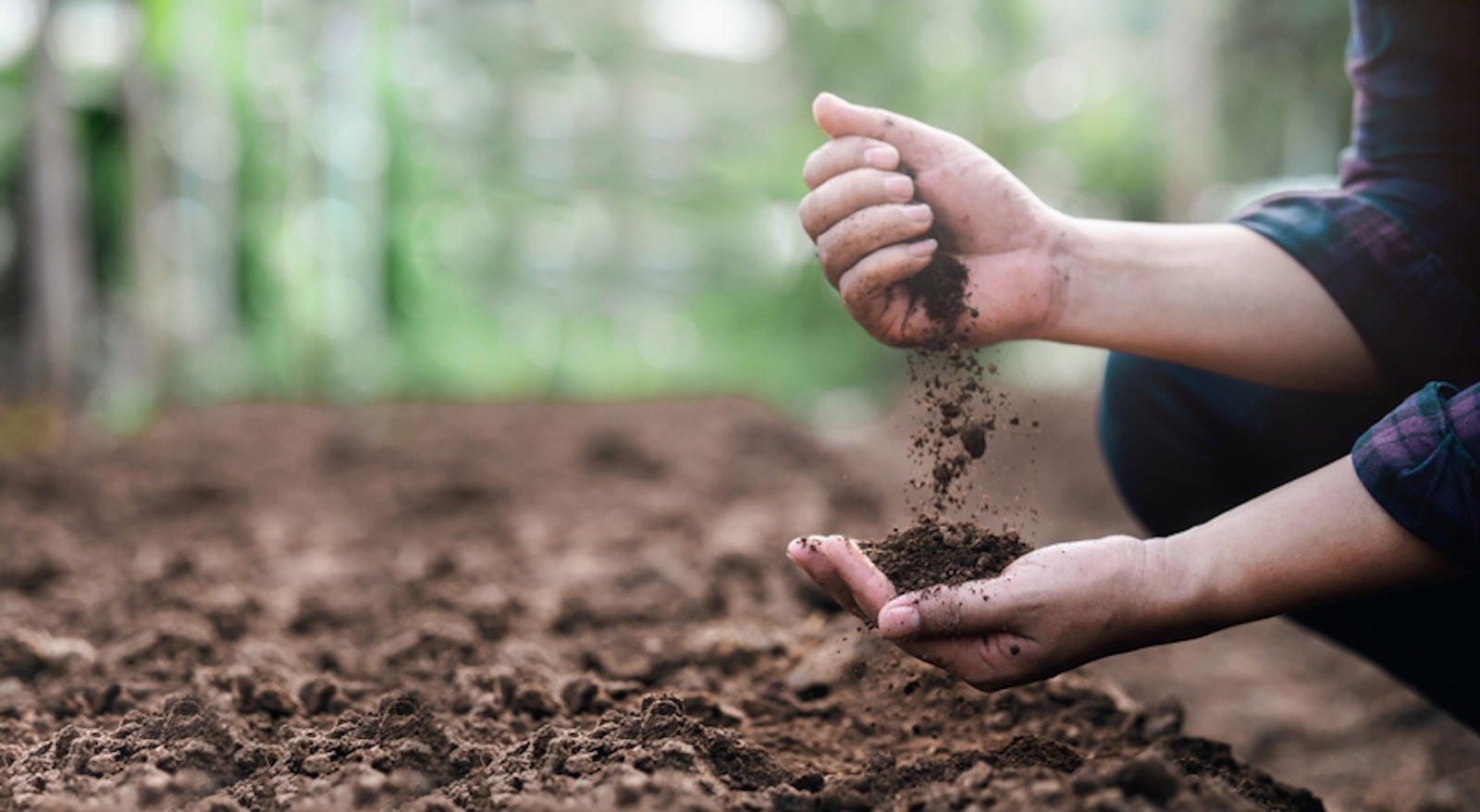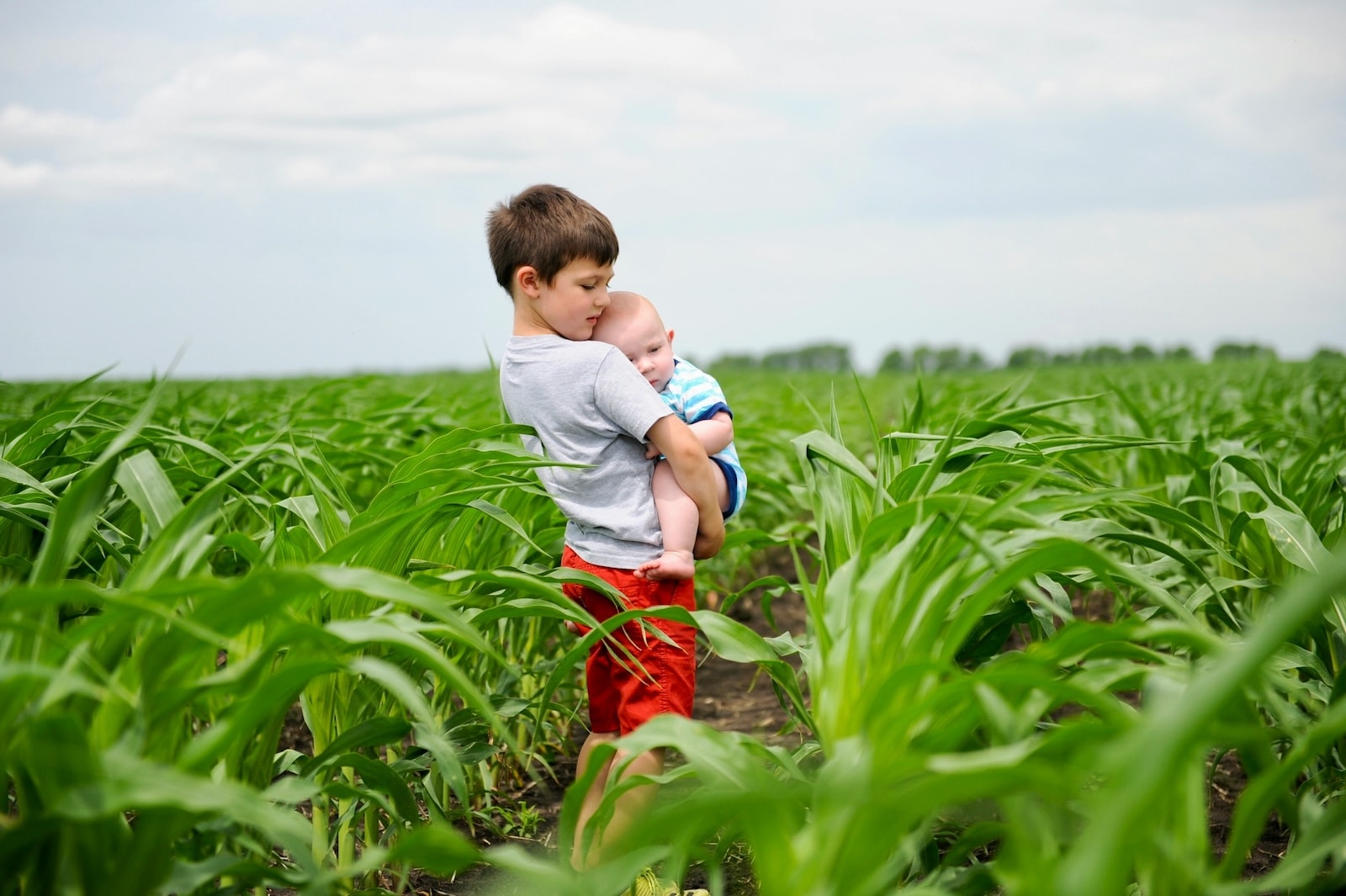Wednesday, June 8, 2022
Yesterday, tomorrow and today are not recycling day. However, circular economy is still one of the best ways to take care of our planet.
Ruth Drake
We live in a world where acceleration is part of the social and economic routine. However, numerous institutions and social groups in all countries –increasingly concerned about the large amount of waste we generate– are calling for rest and reflection on current production models. In a world of increasingly populated cities, an in-depth analysis is essential, taking into account both collective and individual action.
In Europe, the concern for sustainability has been very present for many years. This is reflected in the 2021 Eurobarometer: 93% of Europeans believe that climate change is a serious problem, 87% believe that Europe should set ambitious targets to increase the use of renewable energies and, most tangibly, 64% claim to take personal action on sustainability in their daily lives. But this concern is not new. In 2015, the UN established 17 Sustainable Development Goals, including climate targets to achieve a cleaner and fairer world for present and future generations. According to United Nations data, 55% of the current population lives in cities, a figure that is expected to reach 68% by 2050. If not well managed, this can jeopardize supplies of such basic goods as fresh water and make waste generation unsustainable. Therefore, it is necessary to act now.
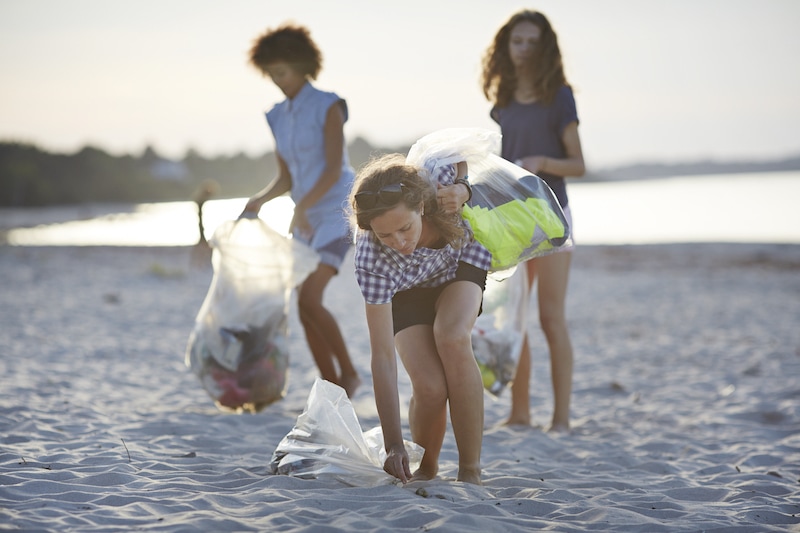
The Spanish Circular Economy Strategy seeks a 70% reduction in waste by 2030.
The issue of waste requires two fundamental axes: reducing its quantity and managing it in an appropriate manner, i.e. in a circular and environmentally friendly way, especially in large urban areas. Cities are huge poles of human activity. For this reason, the European Union (EU) is trying to promote a sustainable change in its production and consumption model and, therefore, in its waste, crystallized in its European Green Deal, which will guide the EU's post-pandemic recovery.
A strategy with which Spain is aligned –as far as recycling is concerned– through the recently approved Waste Law. Under this framework for action, and in line with the Spanish Circular Economy Strategy, plastics in single-use products are eliminated through reduction targets of 50% by 2026 and 70% by 2030 through measures such as banning the sale of plastic straws, swabs and cutlery. Priority will also be given to non-bottled water and separate waste collection will be expanded in small municipalities.
But probably one of the most important aspects to revert the process of environmental degradation is the application of the "end of waste condition". This formula, based on the circular economy principle of understanding all waste as raw material, facilitates the second life of a multitude of by-products that might otherwise end up in landfills. Thus, used oils, grease or urban and forestry waste, for example, can be converted into green fuels that help to decarbonize uses that are difficult to electrify, such as some industrial processes or heavy transport. In other words, what used to be a "load of little use" will now be transformed into clean energy that will help us drive the ecological transition and gain energy independence in a particularly unstable international context.
These are ambitious regulatory objectives and essential to win the battle against the accumulation (and misuse ) of waste. But they can only be successfully achieved with the support, effort and action of companies and citizens.
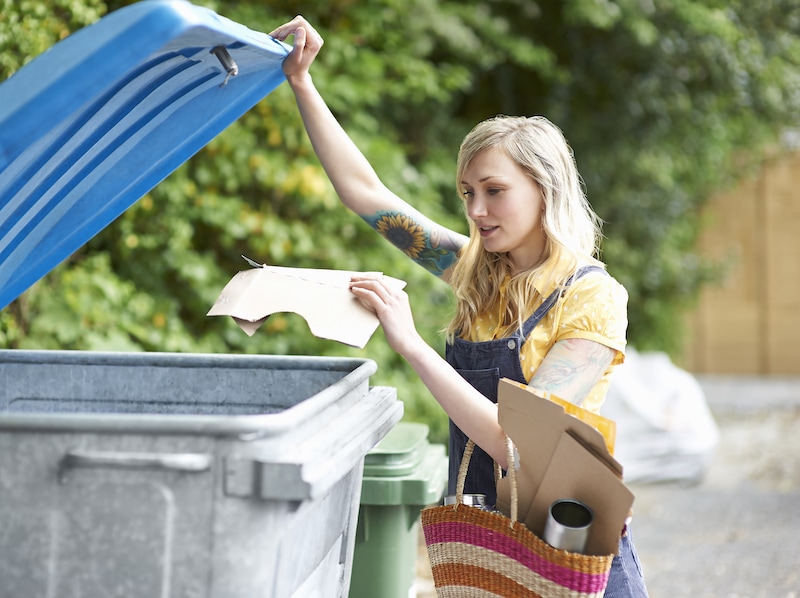
The three R's of ecology
The environmental challenge thus demands that we assimilate the “three R's of ecology”: reduce the waste we generate –that is, reduce consumption–, reuse –take advantage of what has already been consumed and extend its useful life so as not to generate more waste– and recycle.
More and more organizations are following the thread of the European environmental objectives trying to permeate the conscience of society as a whole, such as Ecoembes, which prepares recycling guides or communication campaigns to increase awareness of aspects of recycling that, although essential, are less well known; this is the case of the use of the brown container, the organic waste container. Although it is not so present in the routines of Spaniards, it can be used to produce compost, a bio-waste that can be used to generate energy. Or the container for used oil, waste that can be used to make fertilizer or soap or to boost the green fuels of the future.
Societies are increasingly committed to initiatives such as the creation of musical instruments or works of art with recycled materials.
Other organizations and companies are struggling to integrate the use of waste into their strategies. This is the case at Cepsa, where they are committed to caring for the environment both from their environmental policy, with projects such as DETAL and the commitment to circular waste management and water use, and from their new corporate roadmap: Strategy 2030, Positive Motion Among other objectives, the company aims to produce around 2.5 million tons of circular biofuel per year by the end of this decade to boost the decarbonization of sectors such as aviation, among others.
The same is true for companies in other fields. From the food sector, with examples such as Bezoya, which has managed to incorporate sustainability by currently using only 100% recycled plastic bottles; to telecommunications companies such as Vodafone, where in addition to promoting the purchase of refurbished devices, they are creating a platform to exchange used smartphones; to clothing made with recycled materials from the Ecoalf brand.
We live in a world that is increasingly fast-paced, but also more concerned about the waste it generates. Putting an end to excess plastics, converting landfills into sources of raw materials or generating clean energy to slow the process of climate change are just some of the infinite formulas with which the circular economy can help us build a more sustainable future. But to achieve this, and although neither today nor tomorrow will be recycling day, it is essential that the commitment is maintained throughout the year.
¿Te ha parecido interesante?


